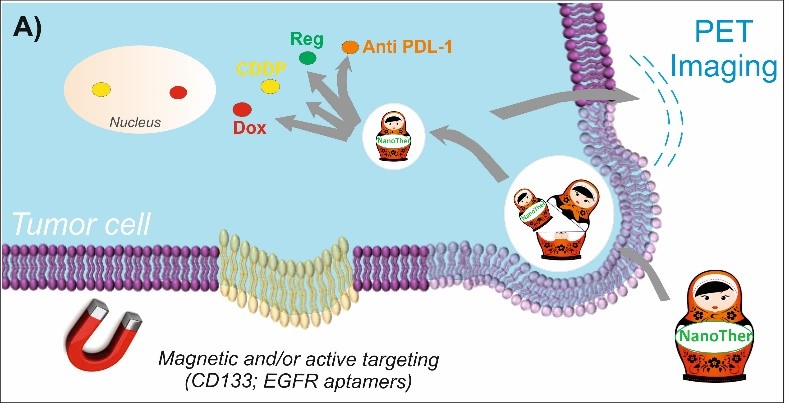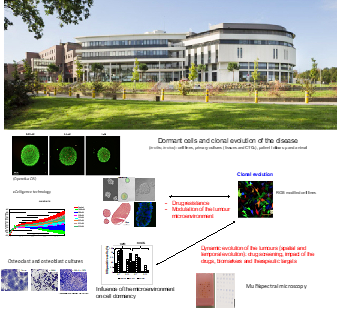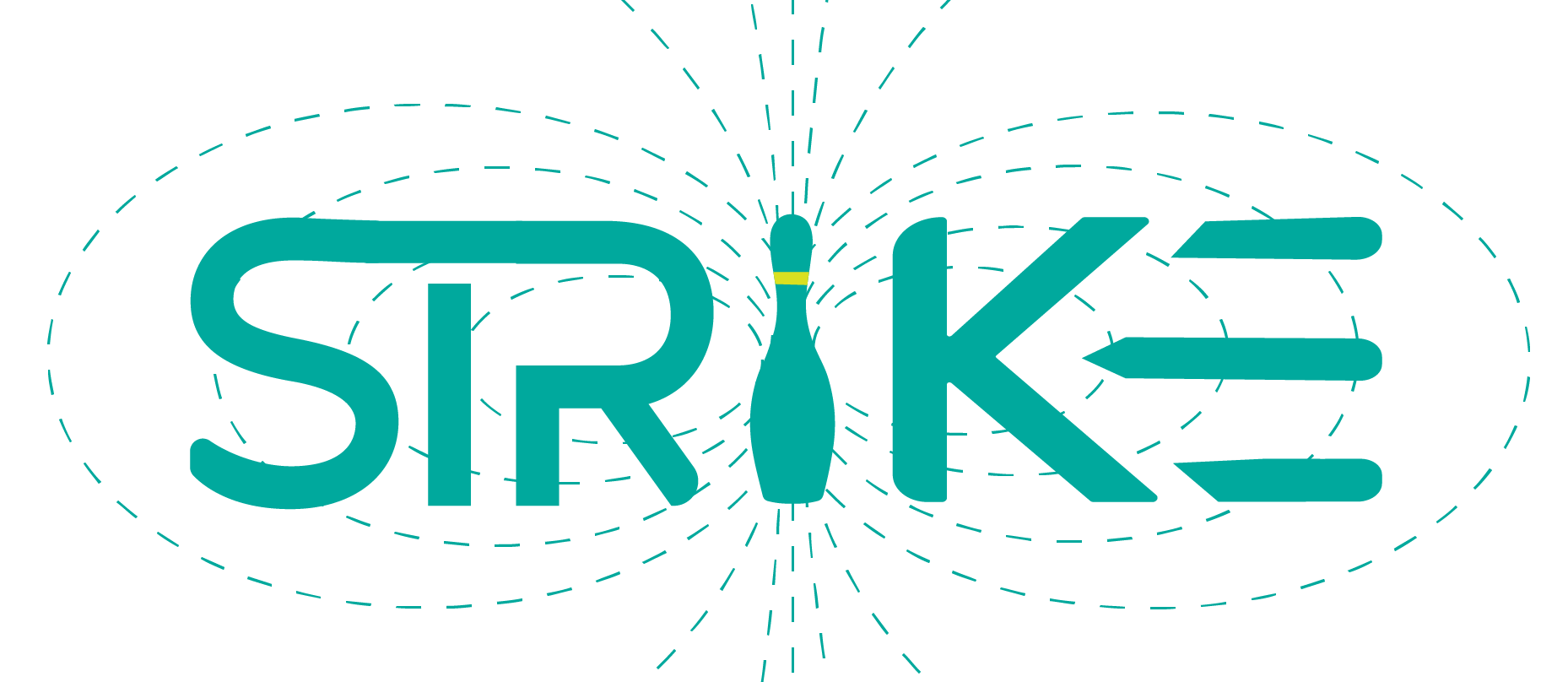Dormant cells in OS: biological characterization and therapeutic targeting
The candidate should have a M.Sc. in Biology or related topics
The treatment of bone tumors, such as osteosarcoma (OS) remains highly challenging, and currently no significant progress has been achieved in any scientific areas including nanomedicine. STRIKE is an innovative MSCA doctoral training network with a long-term vision for the development of breakthrough technologies for cancer treatment: i) magnetic-responsive nano-hybrid materials for diagnosis and therapy, ii) targeted OS therapy and diagnosis iii) liquid biopsy for an innovative early diagnosis. STRIKE will take advantage of unique properties of STRIKE nanomaterials to develop remotely triggered nanotherapeutics (NanoTher) for OS and innovative magnetic beads for liquid biopsy applications. The lack of specificity for Cancer Stem Cells (CSCs) and the absence of 3D microenvironment models that recapitulate the tumor complexity are considered the main reasons for the therapeutic failure of new anticancer agents against osteosarcoma (OS).
STRIKE will face these challenges by creating cells-based in vitro models resembling the complexity of human osteosarcoma tissue, with particular focus on CSCs niche, that could improve the predictivity of preclinical studies and strongly enhance the clinical translation. These more predictive systems allow to better understand, by the biological point of view, the mechanism of action of the smart and engineered MNPs that will be endowed with specific and targeted anticancer activity and diagnostic ability for theragnostic applications. STRIKE will design drug loaded MNPs functionalized with CD133 and EGFR aptamers (NanoTher) targeting CSCs and OS cells respectively (Fig. 3). Functionalized MNPs will be exploited to entrap and deliver conventional chemotherapeutics (e.g. cisplatin, doxorubicin), and targeted therapy (e.g. tyrosine kinase inhibitors, immune checkpoint inhibitors) alone or as an application of combinational drug regimen.

Project 5 will integrate the following activities: i) establishment of ex vivo 3D models of OS; ii) use of 3Dmodels as platform for studying cell dormancy/stemness properties (functional relationship with the metastatic process and drugresistance, correlation with clinical outcomes) and nanotherapeutic drug screening; iii) Development of murine OS models foranalyzing the biology of OS CSCs and their targeting by nanotherapeutics. During the mobility period, ESR5 will be trained intranslational research from bench to clinical practice, cell imaging, high throughput drug screening from 3D cancer cell spheroids,but also in the development and technology commercialization.
Expected Results: i) development of patient avatar for personalized medicine; 2) identification of a molecular signature of dormant cells/CSCs in OS and development of a kit for the detection of dormant cells as biomarkers of the minimal recurrent disease and therapeutic response in OS; iii) identification of therapeutic leads for the treatment of OS.
The project will be mainly carried out at University of Nantes (UN) under the supervision of Prof. Dominique Heymann. The PhD degree in “Biology and Health” (3 years program)” will be awarded at University of Nantes under the supervision of Prof. Dominique Heymann.
With more than 37,000 students enrolled each year, one doctoral college composed of 8 post-graduate schools and 3,200 research staff working in 65 accredited units, the University of Nantes (UN) is one of the largest multidisciplinary universities in France.
Unit in Biological Sciences and Biotechnologies (CNRS, UMR6286, US2B) is a laboratory in biological sciences which conducts fundamental research in biochemistry(in vitro, in vivo and in silico) and cell biology (https://us2b.univ-nantes.fr/). This multidisciplinary laboratory is composed by 4 research teams with more 50 scientists and 17 PhD students. The STRIKE project will be taken in charge by Team 3 “Mechanisms and Regulation of DNA Repair” at the ICO cancer center (Saint-Herblain) where part of team 3 is located. The laboratory is fully equipped with high-tech instruments to perform 2D and 3D cell culture systems (e.g. microfluidics, high content imaging system, xCelligence, histological platform) and for the isolation and characterization of rare cell events such as circulating tumor cells. In addition, the lab. has a facilitated access to the Biological Resources Center-Tumor Tissue Bank of the ICO integrated cancer center and to the small animal facility

Planned secondments:
❖ STEM Innovation (Italy), 1 week: Complementary training meeting on IPR management and soft skill.
❖ CNR (Faenza, Italy), 2 months: to study 3D scaffold-based OS model.
❖ Nanotech Solutions, NTSOL (Spain), 2 months: To to be trained in drug delivery instrumentation.
❖ Cogentech, (Italy), 1 month: to be trained in translational research from lab to clinical practice.
❖ Medizinische Universitaet Wien, MUV, 1 month: to be trained in the evaluation of pharmacokinetics of MNPs in vivo.
For more information concerning the research project please contact:
